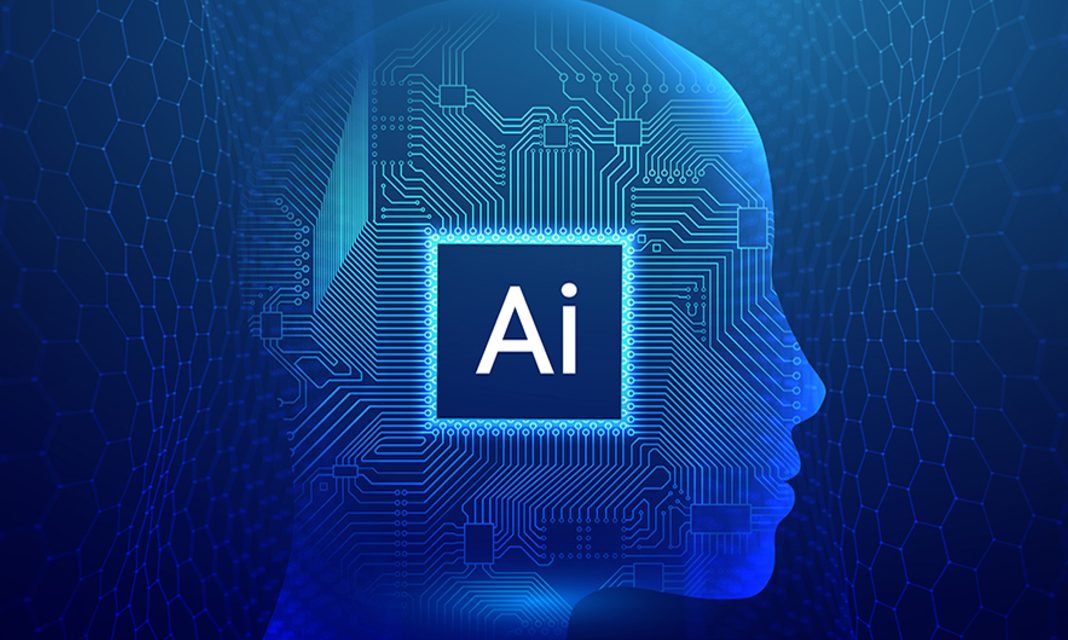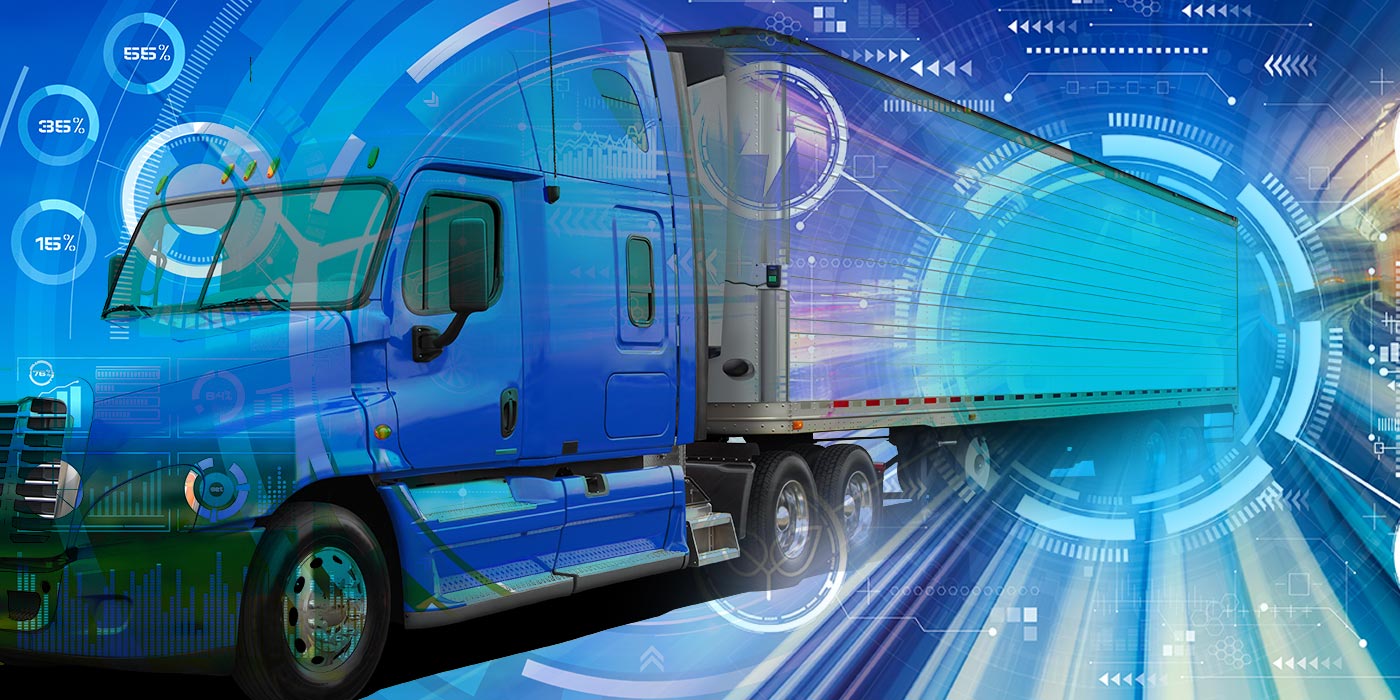House of Dispatch news
Blog
The Power of AI in the Trucking Industry

The trucking industry, a backbone of global commerce, is on the verge of a groundbreaking transformation. Thanks to advancements in artificial intelligence (AI) technology, the future of trucking holds unprecedented potential. From self-driving trucks to optimized logistics, AI is poised to reshape the industry, delivering improved efficiency, safety, and sustainability. In this blog post, we will explore the exciting possibilities that lie ahead and discuss how AI is set to revolutionize the trucking industry.
Autonomous Trucks Paving the Way:
Imagine a future where trucks navigate our highways autonomously, revolutionizing the way goods are transported. Self-driving trucks, powered by AI algorithms, are poised to take the industry by storm. With companies like Tesla and Google leading the charge, the technology behind autonomous trucks is rapidly advancing. These vehicles promise enhanced safety, reduced fuel consumption, and optimized route planning, ultimately transforming the trucking landscape.
Boosting Safety and Efficiency:
Safety is a top priority in the trucking industry, and AI is set to make significant strides in this area. By eliminating human error, self-driving trucks can enhance road safety by minimizing accidents caused by fatigue, distraction, or other human-related factors. AI-powered systems can continuously monitor road conditions, analyze real-time data, and make split-second decisions, resulting in safer transportation and fewer accidents.
Additionally, AI algorithms can optimize trucking operations, improving efficiency and reducing costs. Through real-time data analysis, AI can optimize routes, minimize idle time, and reduce fuel consumption. These advancements not only enhance operational efficiency but also contribute to a more sustainable and environmentally friendly trucking industry.
Intelligent Fleet Management:
AI’s impact extends beyond autonomous driving. Intelligent fleet management systems, empowered by AI, provide valuable insights and enable proactive decision-making. These systems can monitor vehicle performance, predict maintenance needs, and optimize logistics operations. By leveraging AI algorithms, fleet managers can streamline operations, optimize load distribution, and reduce downtime, leading to increased productivity and cost savings.

Predictive Analytics and Supply Chain Optimization:
AI’s capabilities in predictive analytics open doors to new possibilities in supply chain optimization. By analyzing historical and real-time data, AI algorithms can identify patterns, anticipate demand fluctuations, and optimize inventory management. This enables trucking companies to streamline supply chain processes, reduce delivery times, and enhance customer satisfaction. AI-powered systems also provide actionable insights into market trends, allowing businesses to make informed decisions and stay competitive in a rapidly evolving landscape.
Workforce Transformation and Collaboration:
As the industry embraces AI, it is crucial to focus on workforce transformation and collaboration. While automation may replace certain tasks, it will also create new opportunities. Truck drivers can transition into roles that require advanced technical skills, such as remote monitoring and AI system management. Governments, organizations, and educational institutions must collaborate to provide training programs and upskilling opportunities to ensure a smooth transition for industry professionals.
In this journey, House of Dispatch stands at the forefront, harnessing the power of AI to optimize logistics, streamline operations, and drive success. By partnering with House of Dispatch, businesses can navigate the transformative road ahead with confidence, setting a course for a prosperous future in the trucking industry.
